 South Sudan
South Sudan
After gaining independence from Sudan in 2011, South Sudan has endeavored to establish its own government despite continued challenges, including a civil war from 2013-2020, long-delayed elections, mass flooding, food insecurity and widespread intercommunal violence. For almost 20 years, USIP has forged connections with regional networks and institutions, local peacebuilders, civil society leaders, and political and security officials. USIP has trained, held workshops, facilitated mediation efforts and organized meetings with thousands of South Sudanese on nonviolence, violence prevention, dialogue, mediation and more. USIP has also carried out numerous research projects on perceptions of peace, governance, security and conflict mortality, for example. The Institute uses this convening, programming and research experience to inform policy and action on South Sudan in the United States and the region.
Featured Publications
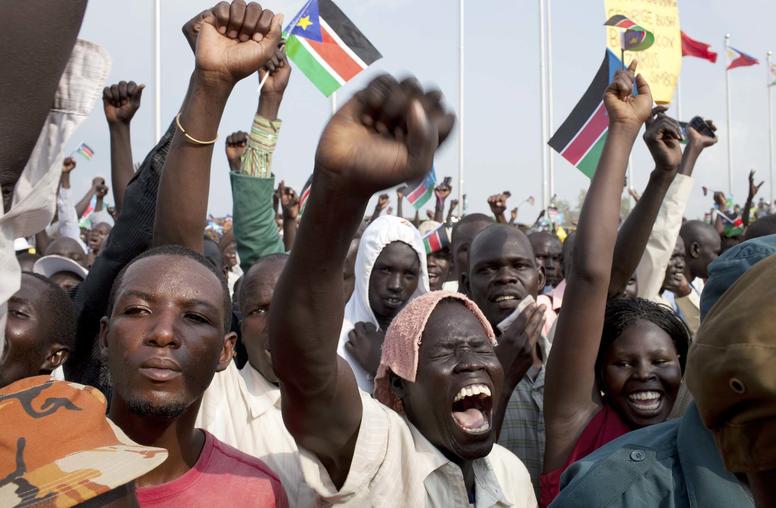
South Sudan’s people have spoken on peace. Is anyone listening?
The United States played a key role in the emergence of South Sudan as an independent state 10 years ago. Yet today, U.S. policy toward the country is insufficient to address the continued violence or promote sustainable peace. Even so, it is not too late for U.S. policymakers to embark upon a renewed push for peace. To move forward, they should listen to what South Sudan’s people said in the recently concluded National Dialogue and incorporate its recommendations in diplomatic, humanitarian and development strategies for the country.
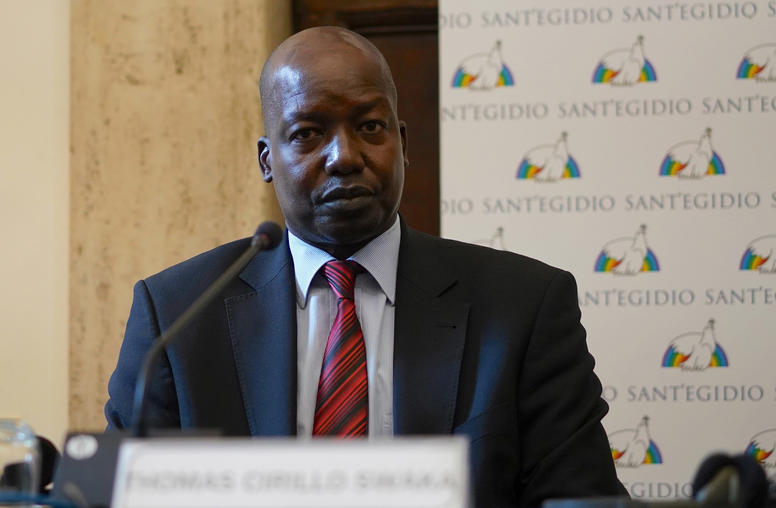
Conflict and Crisis in South Sudan’s Equatoria
South Sudan’s civil war expanded into Equatoria, the country’s southernmost region, in 2016, forcing hundreds of thousands to flee into neighboring Uganda in what has been called Africa’s largest refugee exodus since the 1994 Rwandan genocide. Equatoria is now the last major hot spot in the civil war. If lasting peace is to come to South Sudan, writes Alan Boswell, it will require a peace effort that more fully reckons with the long-held grievances of Equatorians.
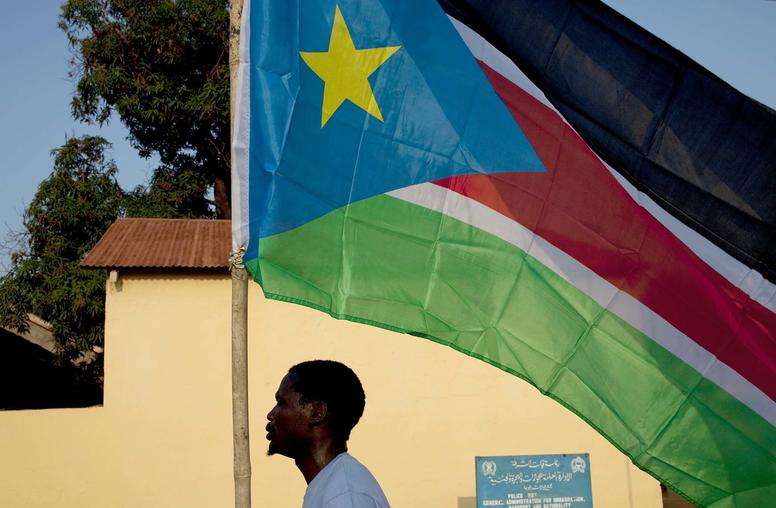
The South Sudan Peace Process Archive: A Window into Mediation
As part of its commitment to learning from peace processes, the U.S. Institute of Peace is pleased to launch the South Sudan Peace Process Archive, which aims to provide South Sudanese citizens, mediators, policymakers, academics and other interested readers a window into the 2013-2015 negotiations that attempted to end the conflict that began in South Sudan in late 2013. Documents for this archive were first assembled and organized in 2016. Now, archive curators and former peace process advisers Zach Vertin and Aly Verjee discuss their motivations for assembling and organizing the documents and what they hope the archive can contribute to future peace processes.
Current Projects
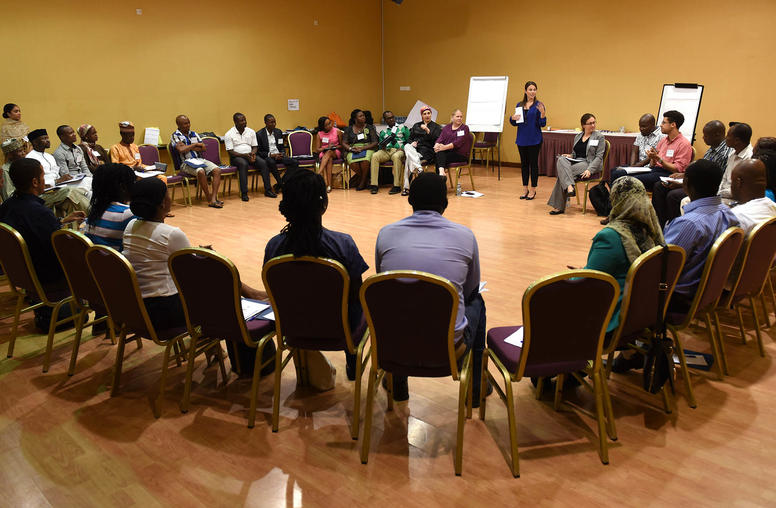
Generation Change Fellows Program
Generation Change works with young leaders across the globe to foster collaboration, build resilience and strengthen capacity as they transform local communities.
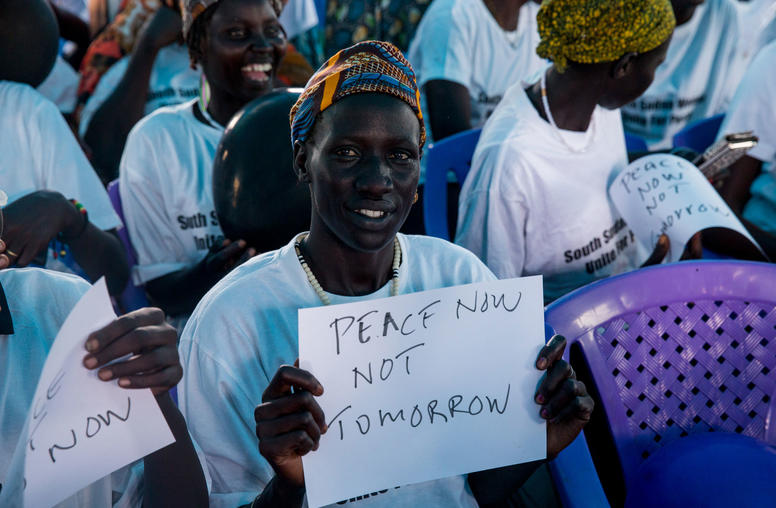
South Sudan Peace Process Archive
The South Sudan Peace Process Archive was created with the cooperation of the United States Institute of Peace (USIP) and the Intergovernmental Authority on Development (IGAD), with funding from the U.S. Department of State. The objective of this Archive is to provide South Sudanese citizens, regional actors, mediators, policymakers, academics, and other interested readers a window into the 2013-2015 negotiations that attempted to end the conflict that began in South Sudan in late 2013. The Archive is also intended to facilitate comparative study in conflict mediation and to help inform other peace processes.
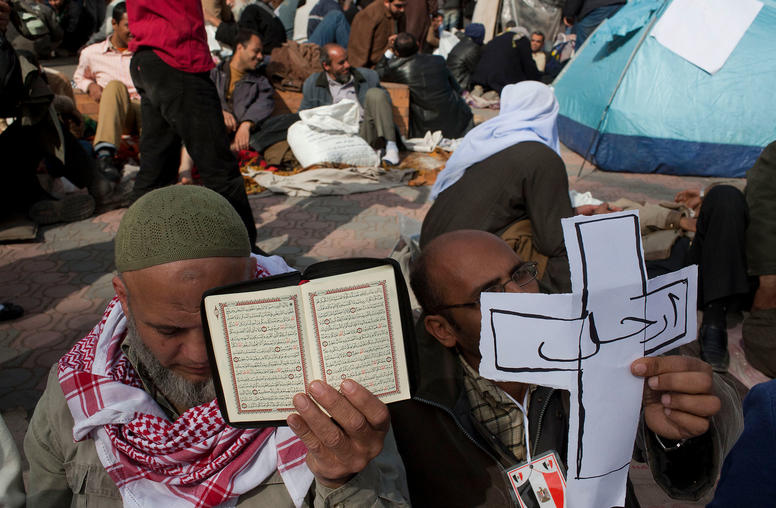
Religion and Nonviolent Action
Since 2020, USIP’s programs on religion and inclusive societies and nonviolent action have been conducting research to better understand the role of religion in nonviolent action campaigns. Many of the most prominent activists and nonviolent movements in history have drawn on religion as they worked to build peace and advance justice. Historical figures such as Martin Luther King Jr. and Mahatma Gandhi often come to mind. But religious leaders, beliefs, symbols and practices have featured just as prominently in more recent nonviolent campaigns, including the Arab Uprisings, the Spring Revolution in Myanmar and Hong Kong’s Umbrella Movement.